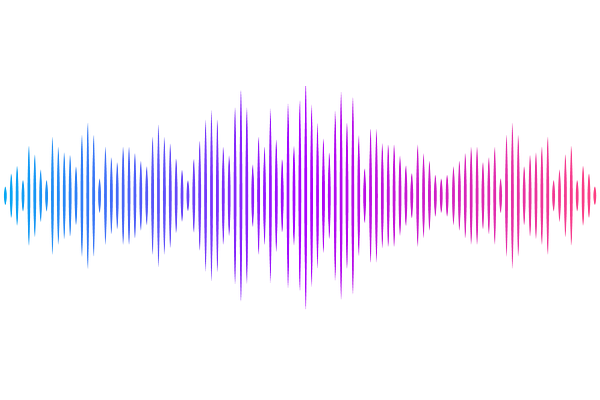Decoupling bile acid 7α-dehydroxylation from colonization resistance to Clostridioides difficile

Decoupling bile acid 7α-dehydroxylation from colonization resistance to Clostridioides difficile
Beldi, L.; Dong, Y.; Volet, C.; Tandon, D.; Filipova, K.; Bernier-Latmani, R.; Hapfelmeier, S.
AbstractSecondary bile acids, generated through microbial transformation of primary bile acids secreted in bile, play a role in shaping intestinal microbial communities, modulating host immunity, and regulating energy metabolism. In vitro studies have shown that the balance between primary and secondary bile acids strongly affects spore germination, growth, and cellular physiology of Clostridioides difficile, a major nosocomial gut pathogen. In vivo correlations between microbiome composition, bile acid metabolome, and colonization resistance have led to the hypothesis that 7-dehydroxylating bacteria such as Clostridium scindens protect against C. difficile infection by producing secondary bile acids like deoxycholic acid. However, due to the genetic intractability of known 7-dehydroxylating species, direct experimental validation of this causal relationship has been. In this study, we leveraged the first available 7-dehydroxylation-deficient baiH mutant to test the direct role of 7-dehydroxylated bile acid production in C. difficile colonization resistance in vivo. We colonized gnotobiotic mice with isogenic wild-type or baiH strains of the recently described 7-dehydroxylating species Faecalicatena contorta, including wild-type C. scindens- mice as a positive control. Wild-type F. contorta accumulated 7-dehydroxylated bile acids at levels equivalent to C. scindens, in a strictly baiH-dependent manner. However, despite equivalent bile acid profiles, wild-type F. contorta failed to replicate the C. difficile-restrictive phenotype observed with C. scindens. These findings demonstrate that commensal clostridial 7-dehydroxylation alone is not sufficient for enhancing colonization resistance to C. difficile. Our results highlight the existence of additional, potentially bile acid-independent mechanisms by which certain commensals mediate protection, with important implications for microbiota-based therapies.